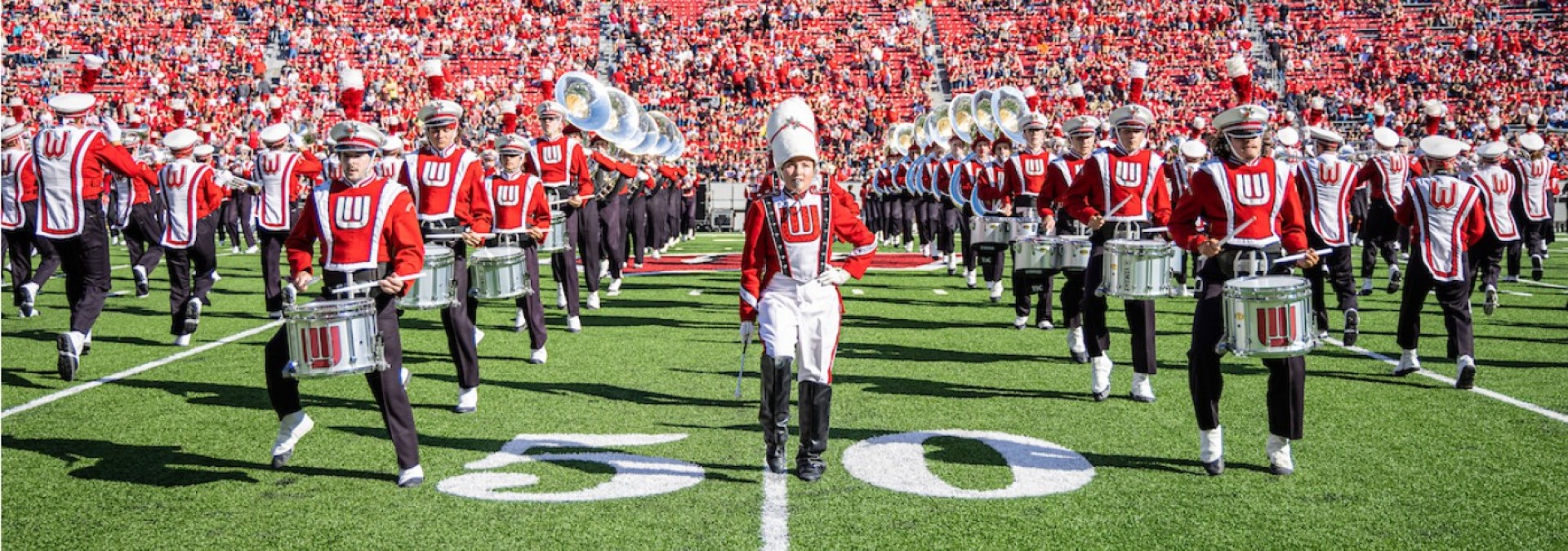×
Glossary
Academic Performance (GPA): How well a student is doing in their courses, often measured by grades or a Grade Point Average (GPA).
AP Music Theory: An Advanced Placement (AP) high school course that covers college-level music theory content, potentially earning students college credit if they pass the AP exam.
Audition: A performance-based test where students demonstrate their vocal or instrumental skills to gain admission into music programs or to qualify for scholarships.
College Tuition: The fee paid to attend classes at a college or university. Dual Enrollment may reduce the overall tuition cost for students once they enter college full-time.
Collegiate Environment: The overall atmosphere and learning context of a college or university, including academic expectations, campus culture, and social life.
Competitiveness: A strong desire to be more successful than others, often seen in contests or auditions.
Composition: The art of creating original music, involving the writing of melodies, harmonies, rhythms, and orchestrations for various ensembles or solo performers.
Concurrent Enrollment / Running Start: Alternate names for Dual Enrollment used in some states, referring to the same concept of taking college courses for dual credit.
Credit Hour: A unit of measure for college coursework. Generally, a three-credit-hour course meets for about three hours per week over a semester.
Dual Enrollment: A program allowing high school students to take college-level courses while still in high school, earning both high school and college credit simultaneously.
Graded Studio Lessons: Private or small-group lessons offered through a college or university, where students receive a grade based on their progress, performances, and assignments.
Higher Education: Education beyond high school, such as college, university, or vocational programs.
Music Appreciation: A college course designed to introduce students to the fundamentals of music history, genres, and some basic theory, often for non-majors or beginners.
Music Education: A field of study focused on teaching music in schools or private settings, covering topics such as pedagogy, curriculum design, and developmental psychology in the context of music learning.
Music Theory I: An introductory college course covering the basics of how music is structured, including notes, scales, chords, and rhythms. This course is crucial for many music majors.
Performance Ensemble: A group of musicians—such as a choir, band, or orchestra—who practice and perform together. Ensemble participation is common in music programs.
Private Lessons: One-on-one instruction focused on developing a student’s technical and musical skills in a specific instrument or voice.
Rigor: The level of difficulty and challenge associated with a course or academic program.
Scholarship: A form of financial aid awarded to students to help pay for education, often based on academic, musical, or other achievements.
Scholarship Prospects: The potential or likelihood of receiving scholarships based on talent, academic achievement, or other criteria.
School of Music Entrance Exam: A test many colleges require for admission into their music programs, typically assessing music theory knowledge, performance ability, and sometimes music history.
Secondary Education: Schooling that includes middle and high school, typically from grades 6 through 12.
State or School District Funding: Financial assistance provided by the state government or local school districts that can help cover or reduce the cost of Dual Enrollment courses.
Tuition Reimbursement: An arrangement where an institution (like a school district or state program) repays or covers part of the tuition cost, usually contingent on a student maintaining certain academic standards.


.png) ARTICLE GLOSSARY
ARTICLE GLOSSARY

.png)
.png)

.jpg)
.jpg)

.jpg)

.png)




.jpg)
.png)










.jpg)



.jpg)
.jpg)
.jpg)
.jpg)
.jpg)

.png)
.png)

